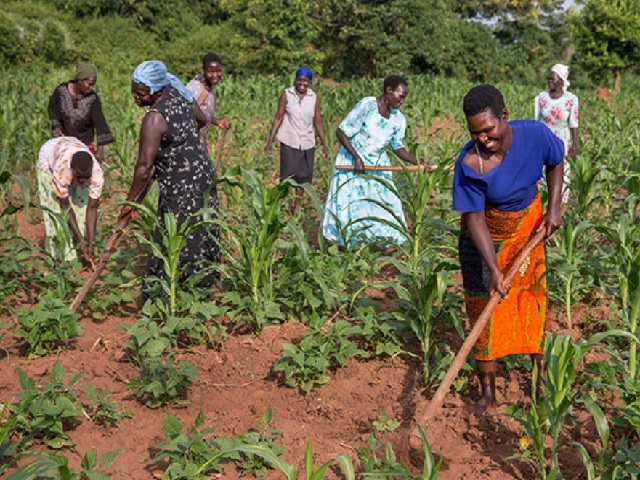Across Africa, millions of women work on farms with minimal financial returns, despite their vital role in food security. These women face numerous challenges, including exploitative middlemen, unstable markets, limited access to credit, and restrictive trade policies.
Recent investigations have highlighted these issues. A BBC News report uncovered cases of sexual harassment and low wages in Kenya’s flower industry, while The Guardian focused on efforts to conserve indigenous seeds that could help women address food insecurity and climate change.
Dr. Ibrahim Assane Mayaki, African Union Special Envoy for Food Systems, explains that many small-scale farmers struggle due to intermediaries who dictate prices. Middlemen often pay women farmers 30-50% below market value, keeping them economically vulnerable. Additionally, women access less than 10% of available agricultural credit, limiting their ability to invest in quality inputs.
Land ownership remains a significant barrier, with only 15% of women in Sub-Saharan Africa owning land, which hampers their ability to secure loans for expansion. Unstable markets force women to sell at low prices, and post-harvest losses are estimated at 30-40%.
Though women make up 70% of informal traders in some regions, they face bureaucratic hurdles and lack the necessary capital to compete in high-value markets.
To address these challenges, a multi-faceted approach is needed. Women should form or join cooperatives to negotiate better prices and access digital marketplaces. Governments and NGOs must create gender-responsive credit facilities, like collateral-free loans, and provide financial literacy training.
Legal reforms promoting equal land ownership rights are crucial to enable women to invest in their farms. Additionally, enhancing participation in regional markets and simplifying trade regulations can empower women and improve their economic conditions. By tackling these barriers, we can help rural women farmers thrive and contribute to food security and economic development in Africa.
